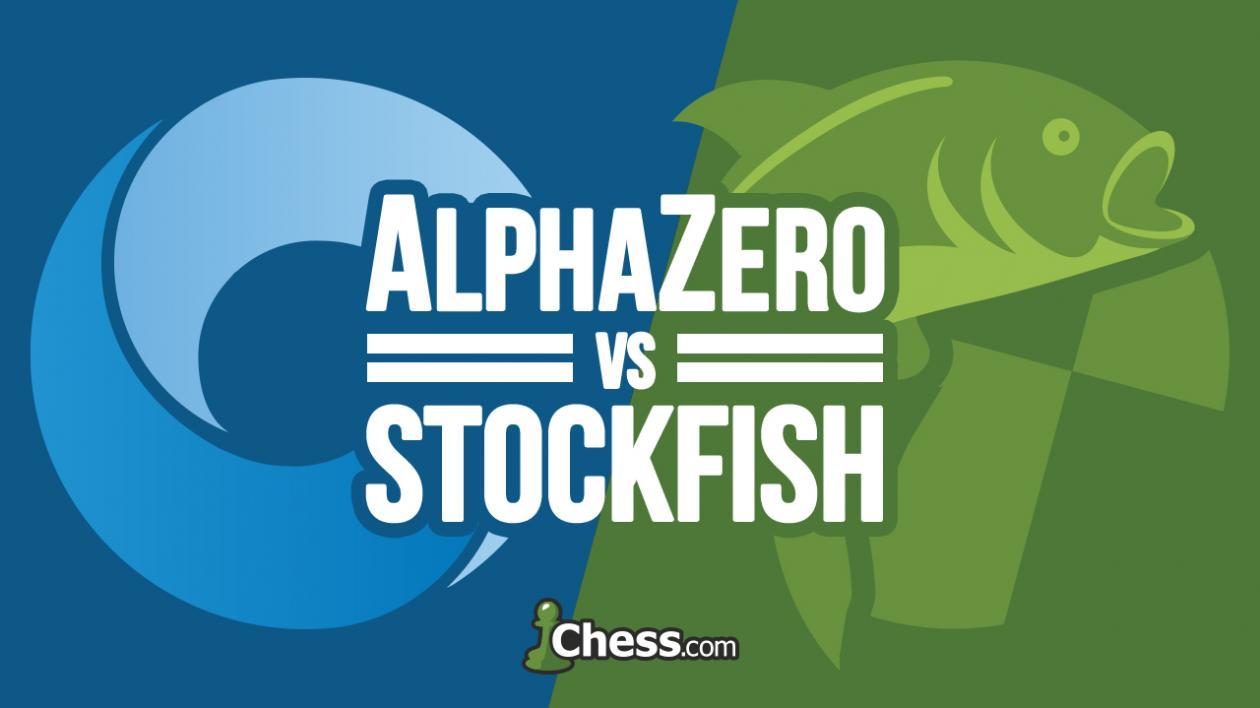kyzr
Diamond Member
AI beat the best Chess software program 155-6.

 www.chess.com
www.chess.com
So what if AlphaZero is used to study other scientific needs, such as analyzing the human genome, or fusion reactors, or climate change, does it start from empty all the time? Can it stop, do something else, and then pick up where it left off?
I'm thinking that it needs to finish one task before starting another or else it loses prior knowledge.

AlphaZero Crushes Stockfish In New 1,000-Game Match
In news reminiscent of the initial AlphaZero shockwave last December, the artificial intelligence company DeepMind released astounding results from an updated version of the machine-learning chess project today. The results leave no question, once again, that AlphaZero plays some of the...
AlphaZero Crushes Stockfish In New 1,000-Game Match
So what if AlphaZero is used to study other scientific needs, such as analyzing the human genome, or fusion reactors, or climate change, does it start from empty all the time? Can it stop, do something else, and then pick up where it left off?
I'm thinking that it needs to finish one task before starting another or else it loses prior knowledge.
